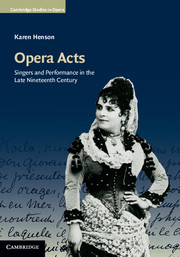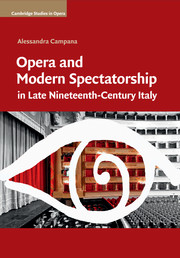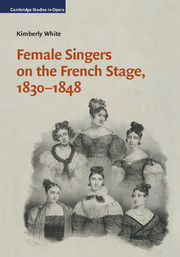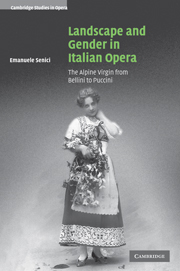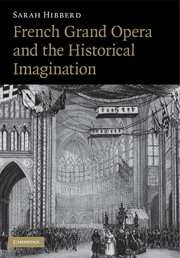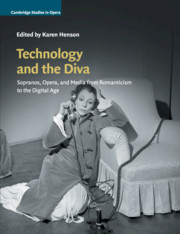Opera Acts
<i>Opera Acts</i> explores a wealth of new historical material about singers in the late nineteenth century and challenges the idea that this was a period of decline for the opera singer. In detailed case studies of four figures - the late Verdi baritone Victor Maurel; Bizet's first Carmen, Célestine Galli-Marié; Massenet's muse of the 1880s and '90s, Sibyl Sanderson; and the early Wagner star Jean de Reszke - Karen Henson argues that singers in the late nineteenth century continued to be important, but in ways that were not conventionally "vocal". Instead they enjoyed a freedom and creativity based on their ability to express text, act and communicate physically, and exploit the era's media. By these and other means, singers played a crucial role in the creation of opera up to the end of the nineteenth century.
- Uncovers new historical material about opera singers in the late nineteenth century
- Argues for a new perspective on the role of the singer in the late nineteenth century, making an important new historical argument
- Explores the neglected subject of acting and physicality in opera, approaching opera as a performed art and a form of theater as well as a musical phenomenon
Reviews & endorsements
"Karen Henson lovingly summons the voices of four singers of the fin de siècle, chronicling the moment when the opera star was no longer defined by beautiful singing alone. Spiraling out from Paris to aesthetics and performance practice in both Verdi and Wagner, Henson uncovers the roots of our current obsession with dramatic intensity, cinematic realism, and photogenic celebrity on the operatic stage."
Mary Ann Smart, University of California, Berkeley
"Karen Henson upsets conventional wisdom to argue for the continuing influence of singers on operatic creation in the late nineteenth century. Weaving together journalism, photography, theater, and fashion, she shows that the physicality of performers as much as their voices shaped works by Verdi, Bizet, Massenet, and Wagner. This is a virtuosic account of opera’s rich cultural fabric - beautifully written, always engaging."
Steven Huebner, McGill University
Product details
March 2015Hardback
9781107004269
282 pages
253 × 180 × 17 mm
0.72kg
17 b/w illus. 44 music examples
Available
Table of Contents
- Introduction: on not singing and singing physiognomically
- 1. Verdi, Victor Maurel, and the operatic interpreter
- 2. Real mezzo: Célestine Galli-Marié as Carmen
- 3. Photographic diva: Massenet, Sibyl Sanderson, and the soprano as spectacle
- 4. Jean de Reszke, the 'problem' of the tenor, and early international Wagner performance
- Supporting cast.

